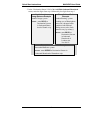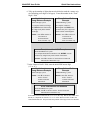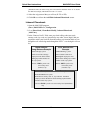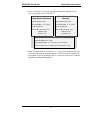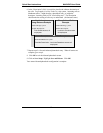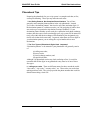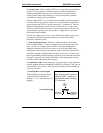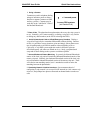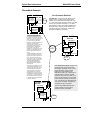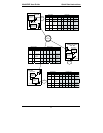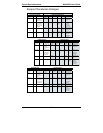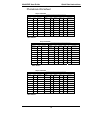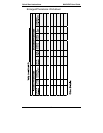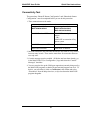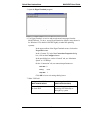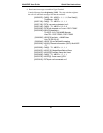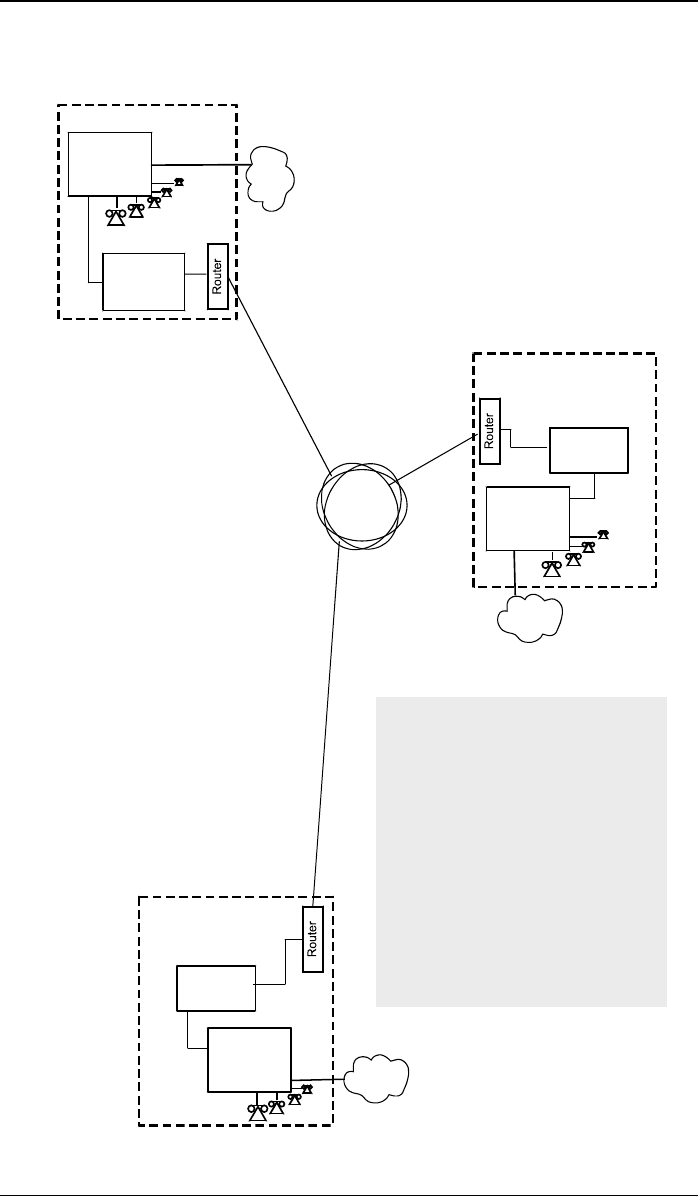
Quick Start Instructions MultiVOIP User Guide
76
Phonebook Example
Flagstaff Office
204.16.49.75
8-Channel
Analog VoIP
(MVP810)
PSTN
PBX System.
Main Number:
777-5600
30 extensions
Area: 520
Santa Fe Office
PBX System.
Main Number:
444-3200
40 extensions
PSTN
204.16.49.74
8-Channel
Analog VoIP
(MVP810)
Area: 505
PBX System.
Main Number:
333-2700
204.16.49.73
24-Channel
Digital VoIP
(MVP2410)
PSTN
Boise Office
Area: 208
90 extensions
IP
Network
Each
Outbound Phonebook
contains two
pairs of entries, two entries for each
remote site. Whenever an out-of-town
employee dials a 12-digit number
beginning with the listed 5-digit
destination pattern (9+1+area code) of
another company location, the PBX
hands the call to the voip system. The
local voip strips off the “9” and directs
the call to the IP address of the remote
voip. The remote voip receives the call
and hands it to its PBX. The PBX then
completes the call to the PSTN.
The one-digit
Outbound
destination
patterns pertain to 3-digit calling
between company employees.
Inbound Phonebook
One Common Situation
Voip Example
. This company has offices in three
different cities. The PBX units all operate alike.
Notably, they all give access to outside lines using
“ 9.” They all are ‘smart’ enough to identify voip calls
without using a special access digit (“8” is used in
some systems). Finally, the system operates so that
employees in any office can dial employees in any
other office using only three digits. Here are the
phonebooks needed for that system.
Each
Inbound Phonebook
contains
two entries. The first entry (4 digits)
specifies how incoming calls from the
other voip sites will be handled if
they go out onto the local PSTN.
Essentially, all those calls come to the
receiving voip with a pattern
beginning with
1+area code
. The local
voip removes those four digits
because they aren’t needed when
dialing locally. The local voip
attaches a “9” at the beginning of the
number to get an outside line. The
PBX then completes the call to the
PSTN .
The second
Inbound
Phonebook entry
(8 digits) is for receiving calls from
company employees in the other two
cities. The out-of-tow n employee
simply dials 3 digits. The first of the
three digits is uniquely used at each
site and so acts as a destination
pattern (Boise extensions are 7xx,
Santa Fe extensions 2xx, Flagstaff
extensions 6xx).
As the remote voip sends out the call,
it automatically attaches all of the
foregoing digits that would normally
have to be dialed using the PSTN.
The local (receiving) voip sees the
extended pattern in its Inbound
Phonebook and so strips off the long
telltale pattern of digits needed for 3-
digit calling. It must finally add back
the last digit before handing the call
to the PBX, which completes the call
to a specific extension.



